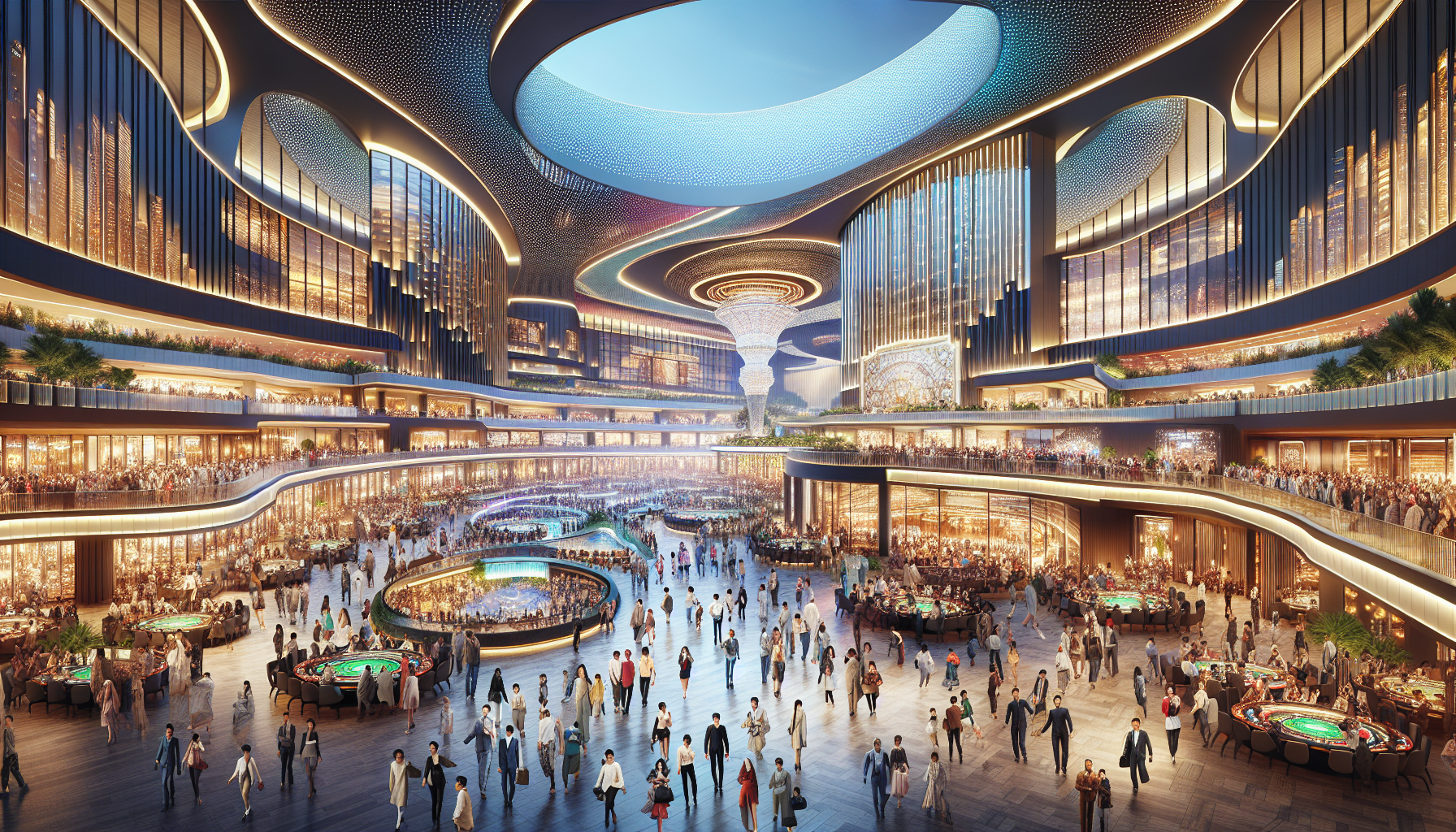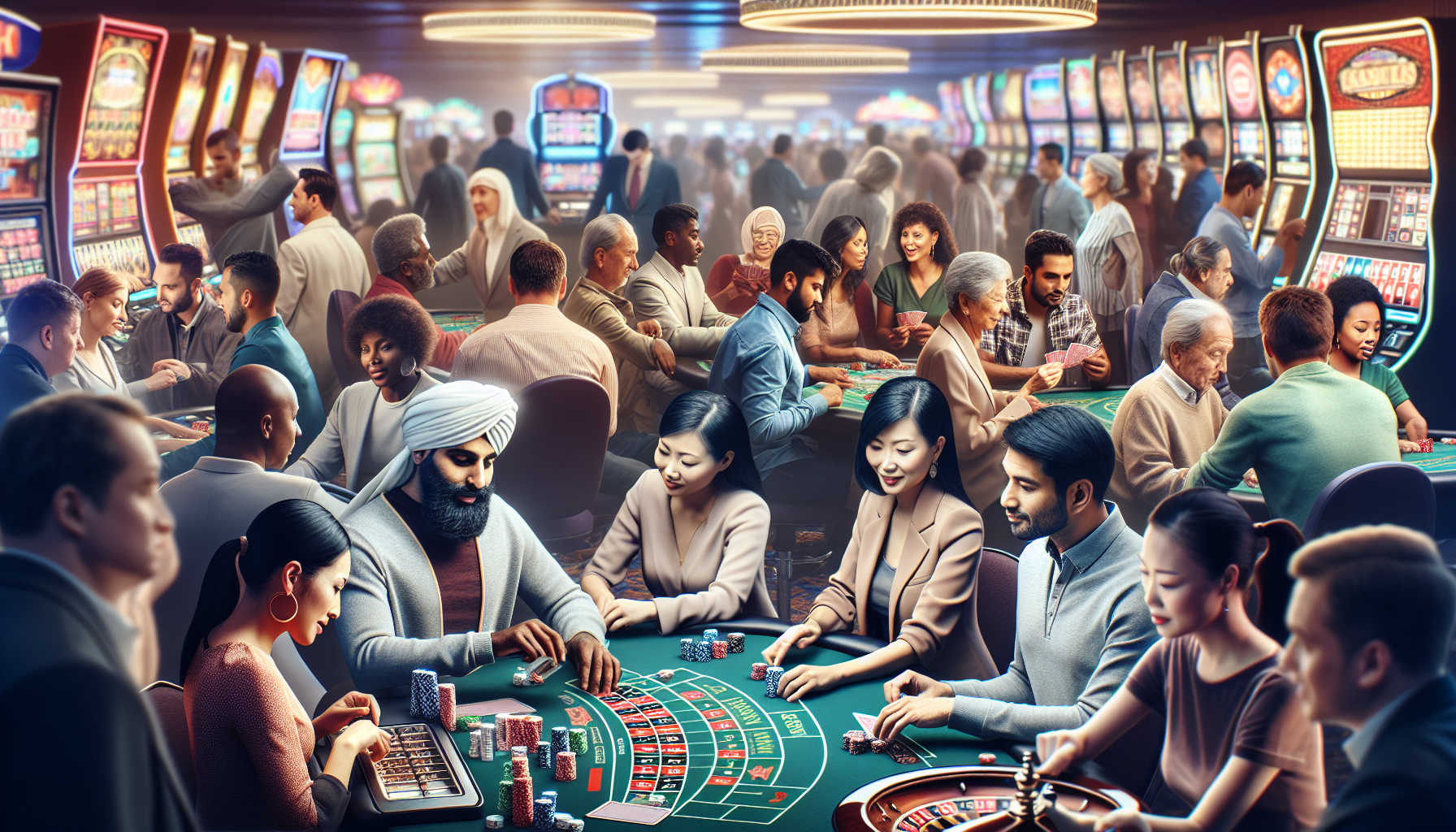Casino Tourism: How Gambling Drives Travel and Leisure
Table of Contents
- Introduction
- The Rise of Casino Tourism
- Economic Impact of Casino Tourism
- Popular Casino Destinations
- Cultural Implications of Casino Tourism
- Challenges and Controversies
- The Future of Casino Tourism
- Conclusion
Introduction
Casino tourism is an integral part of the travel and leisure industry, offering unique experiences that combine entertainment, culture, and excitement. Over the years, this sector has grown exponentially, drawing millions of tourists to destinations renowned for their vibrant casino cultures.
The Rise of Casino Tourism
Historical Overview
The history of casino tourism dates back to ancient times when gambling was a popular pastime. However, the modern concept of casino tourism began to take shape in the 20th century with the development of iconic destinations like Las Vegas.
Las Vegas, once a barren desert, transformed into a bustling hub of entertainment and gambling, setting a precedent for future casino cities worldwide.
Modern Trends
In recent years, casino tourism has evolved, embracing new technologies and trends. Online casinos, integrated resorts, and themed casinos have emerged, offering diverse experiences to tourists.

Destinations like Macau have capitalized on these trends, surpassing traditional casino hubs in terms of revenue and tourist footfall.
Economic Impact of Casino Tourism
Job Creation
Casino tourism significantly contributes to employment, creating jobs in hospitality, entertainment, and retail. The demand for skilled professionals in these sectors continues to grow.
Boost to Local Economies
Casinos attract tourists who spend money on accommodation, dining, and shopping, providing a substantial boost to local economies. This influx of revenue helps fund public services and infrastructure development.
Popular Casino Destinations
Las Vegas
Las Vegas is synonymous with casino tourism, offering a plethora of entertainment options beyond gambling. Known as the Entertainment Capital of the World, it attracts millions of visitors annually.
Macau
Macau has emerged as a leading casino destination, often referred to as the ‘Las Vegas of Asia.’ Its casinos generate more revenue than Las Vegas, thanks to its strategic location and appeal to Asian tourists.
Monte Carlo
Monte Carlo, with its luxurious casinos and stunning Mediterranean backdrop, remains a favorite among high-stakes gamblers and luxury travelers.
Cultural Implications of Casino Tourism
Cross-cultural Exchanges
Casino tourism fosters cross-cultural exchanges, as tourists from diverse backgrounds converge in casino cities, sharing their cultures and traditions.

This cultural melting pot enriches the local community, promoting understanding and tolerance among different cultures.
Preservation of Local Culture
While casinos bring global influences, they also play a role in preserving local culture by incorporating traditional elements into their offerings and supporting local artisans and performers.
Challenges and Controversies
Addiction
Gambling addiction is a significant concern associated with casino tourism. Efforts are being made to address this issue through responsible gambling initiatives and support services.
Crime
Casinos can attract criminal activities, including money laundering and fraud. Authorities and casino operators work together to implement stringent security measures to combat these challenges.
The Future of Casino Tourism
Technological Advancements
The future of casino tourism is closely tied to technological advancements. Virtual reality, artificial intelligence, and blockchain are set to revolutionize the industry, offering enhanced experiences to tourists.
Sustainable Tourism
As concerns about environmental sustainability grow, the casino tourism industry is exploring ways to minimize its ecological footprint, promoting sustainable practices and eco-friendly developments.
Conclusion
Casino tourism continues to be a significant driver of travel and leisure, blending excitement with cultural enrichment. As the industry adapts to modern trends and challenges, it will remain a vital component of global tourism.
